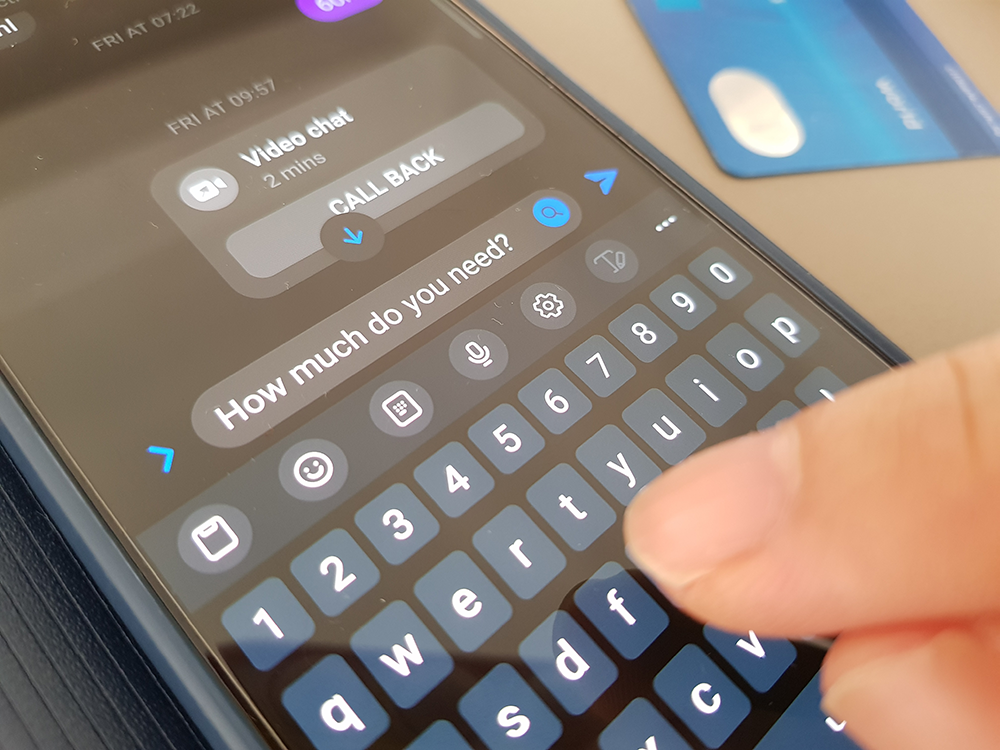Information Security: Romance Scams
When it comes to financial scams, the criminals will often target our emotions. And unfortunately, this includes romance and friendship.

- Affected 19,050 reported victims;
- Made scammers more than $739 million of stolen funds.
How to Avoid Romance Scams
- Think twice before you share personal information online. Scammers can use details shared on dating sites and social media platforms to better target victims.
- If you try online dating, only use dating sites with well-known reputations. Search people’s photos and profiles online to see if anyone has used the names, images, or information elsewhere.
- Beware of online suitors who try to isolate you from your family or friends.
- Don’t send money to someone you’ve never met in person.
- Go slowly and ask the other person lots of questions.
- If you notice older family members using new communications apps or dating sites, explain the red flags and pitfalls so they don’t fall victim to these criminals.
If communication is established through a dating app or social site and the person is requesting to take the conversation offline right away, this is a red flag. Criminals will often try to direct us to use another app to avoid the monitoring capabilities in dating apps or social sites.
And it’s OK to be suspicious, especially if you receive a friend request or a direct private message from someone you don’t know. You should also be suspicious if the individual promises to meet in person, but then always comes up with an excuse why they can’t or needs financial assistance in order for the meet up to happen.





